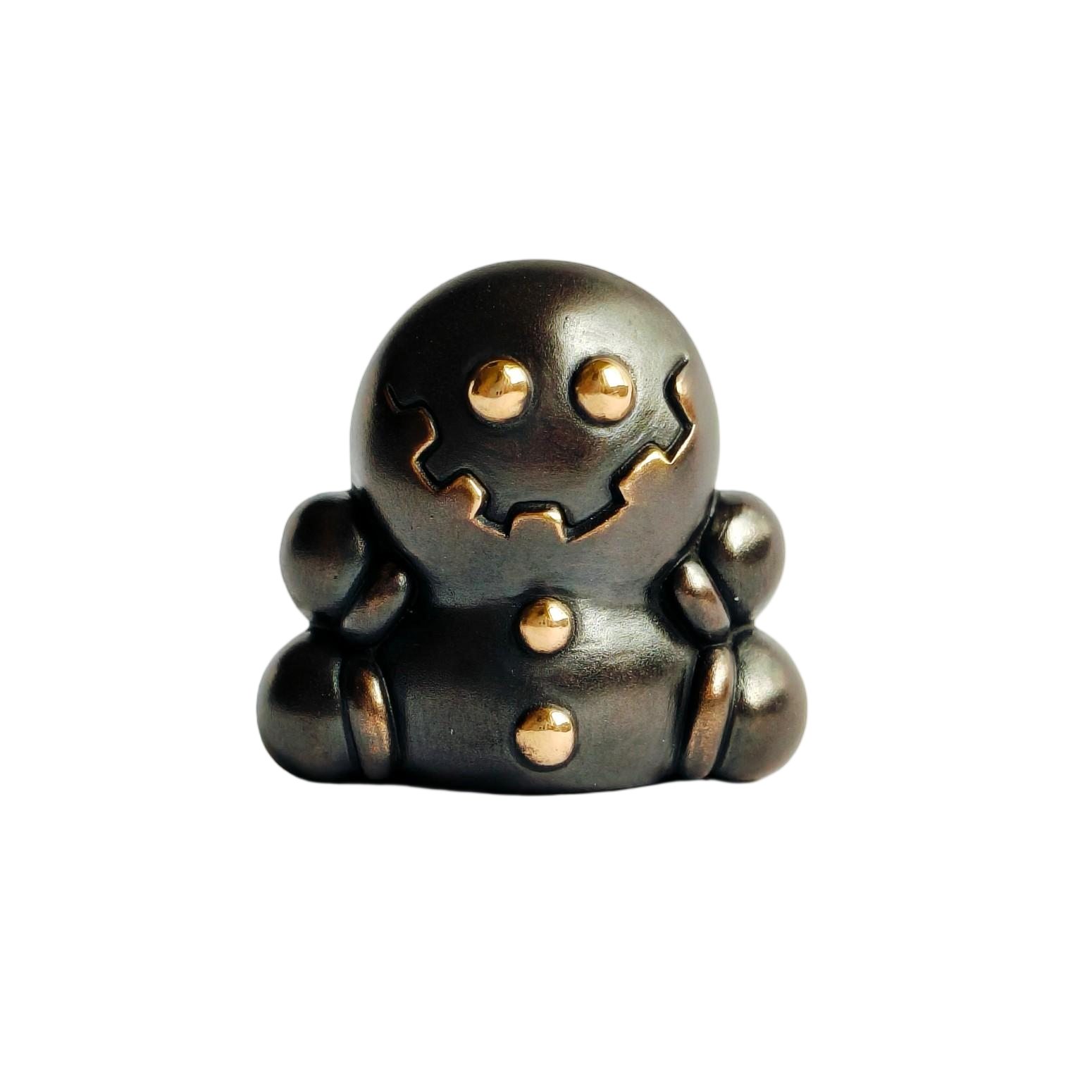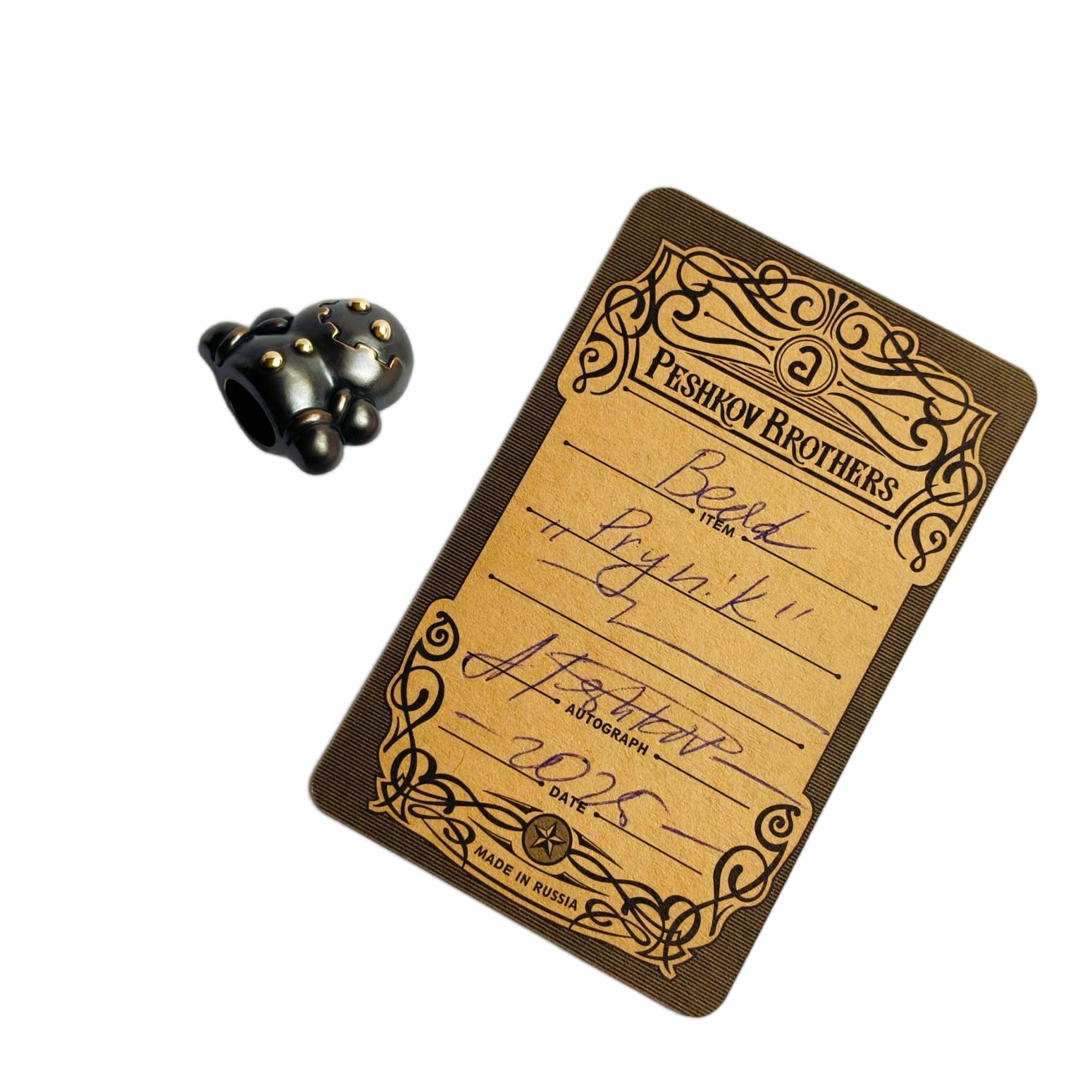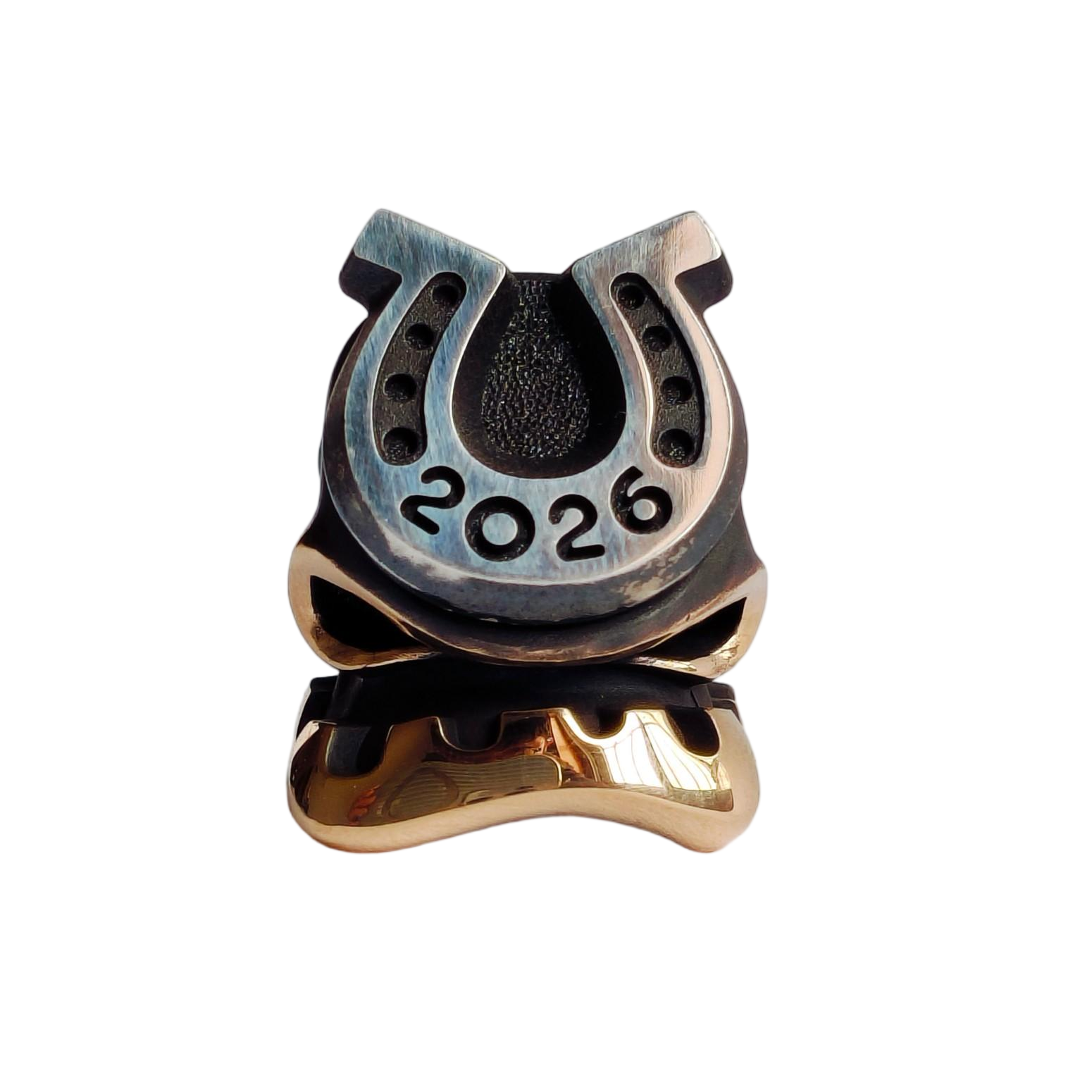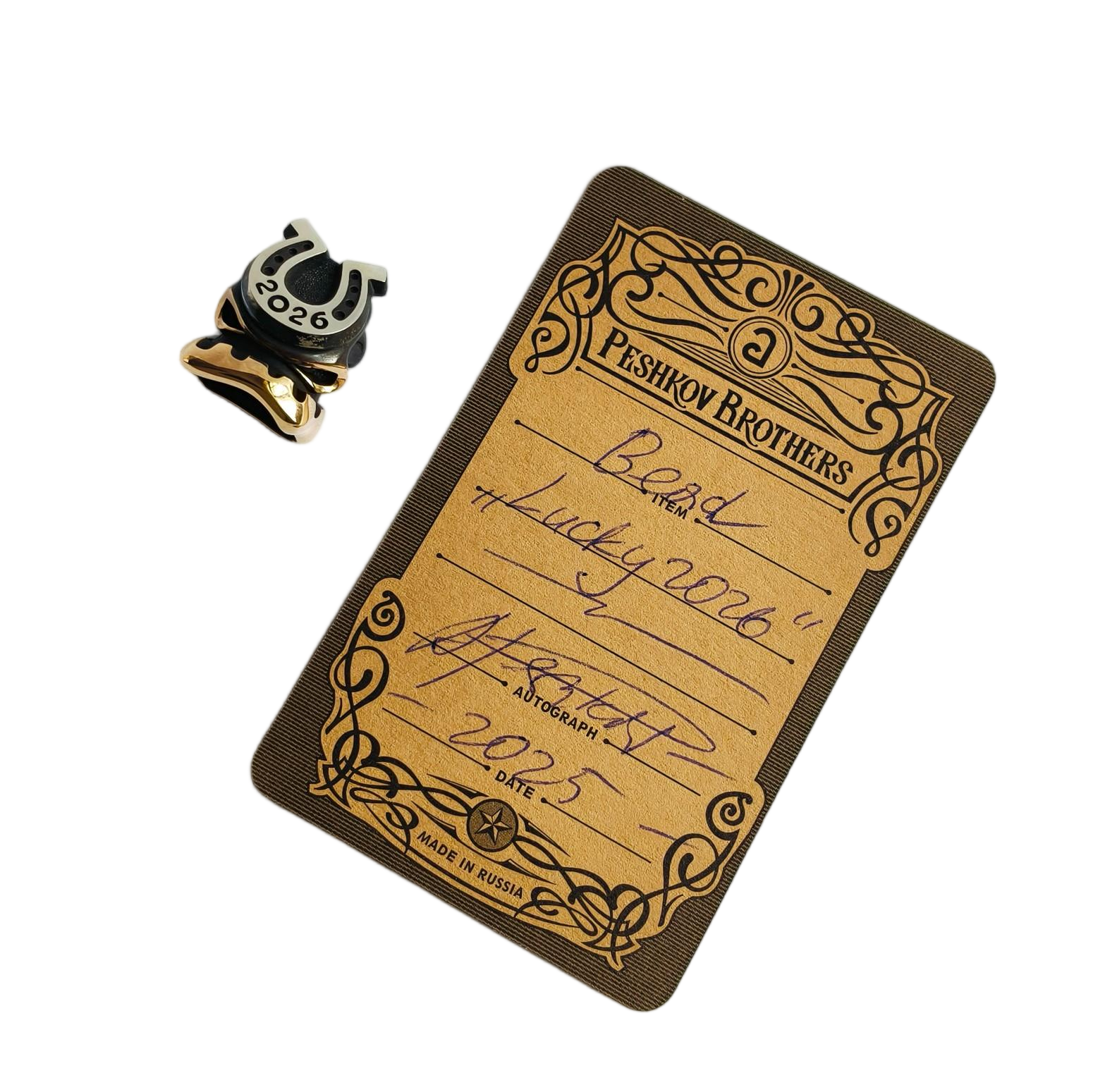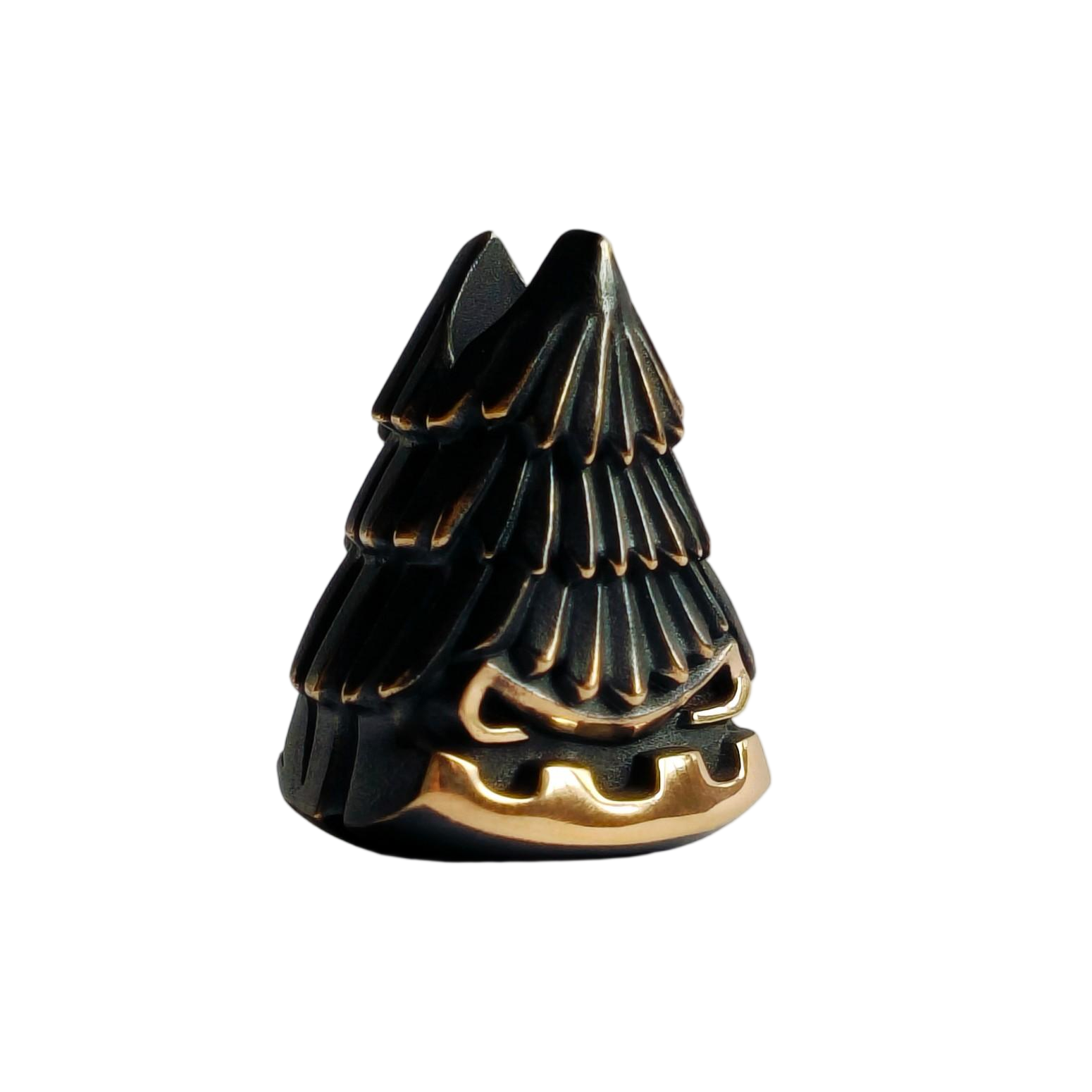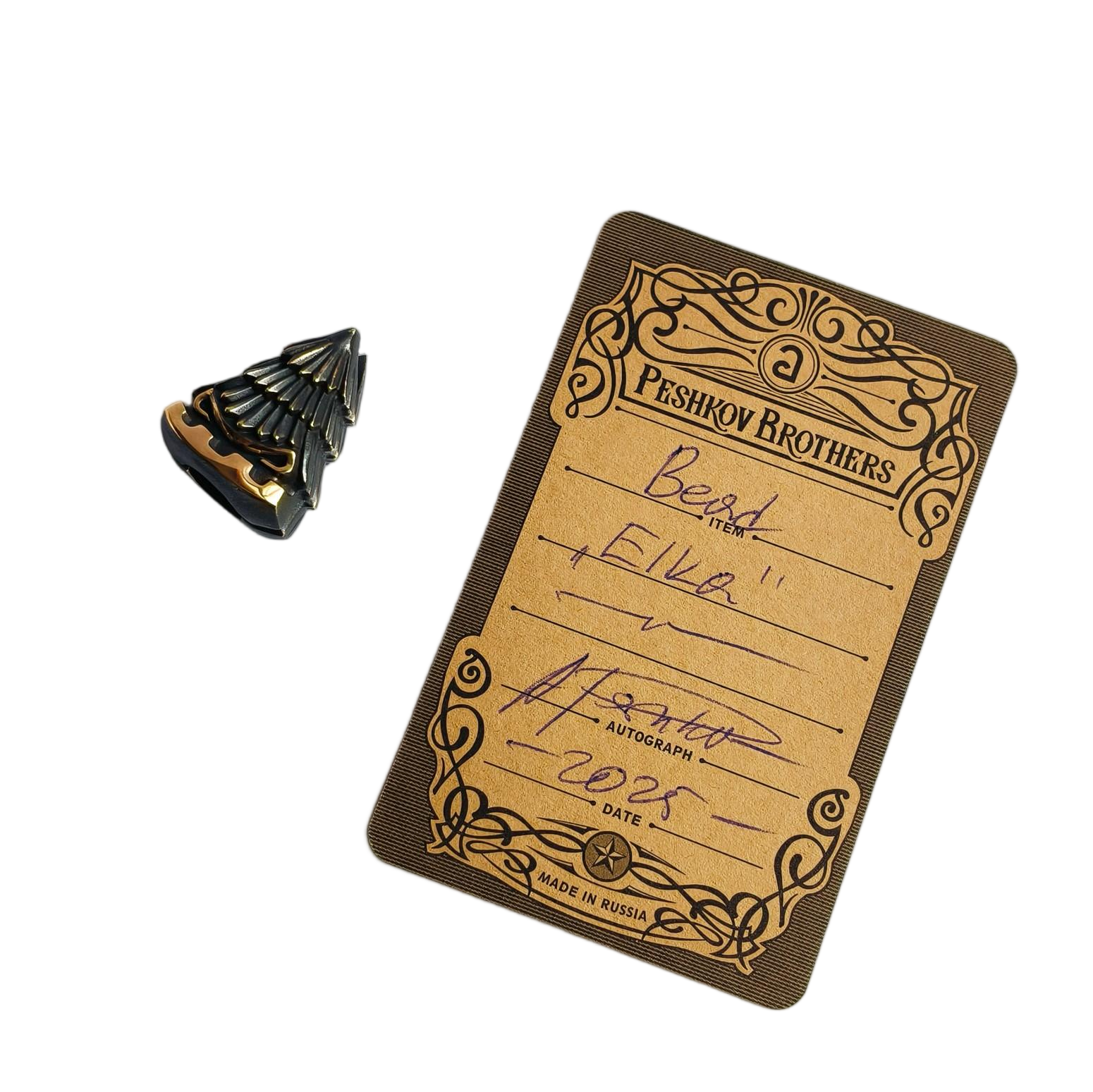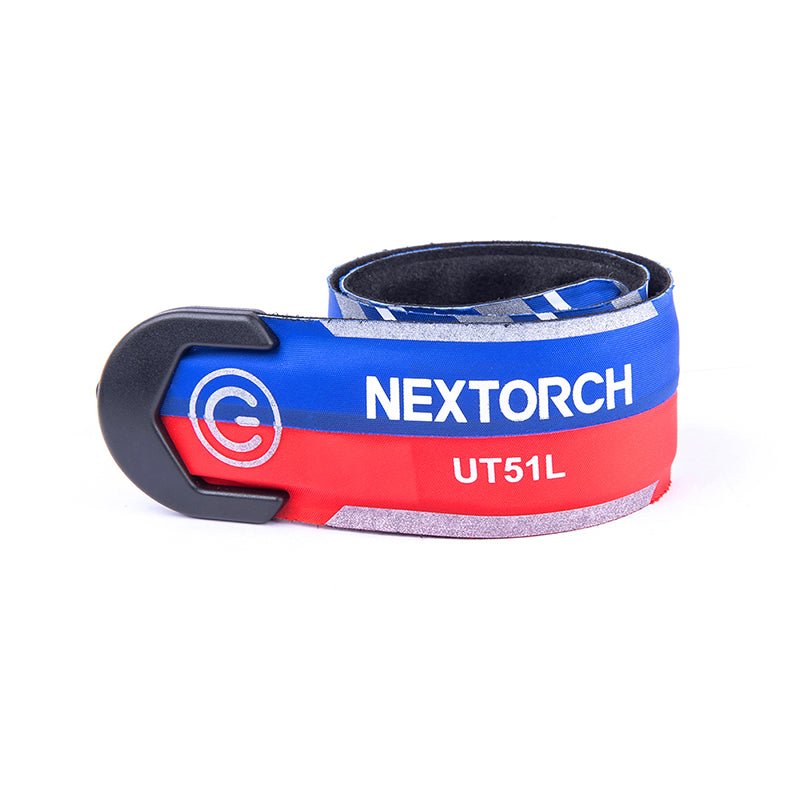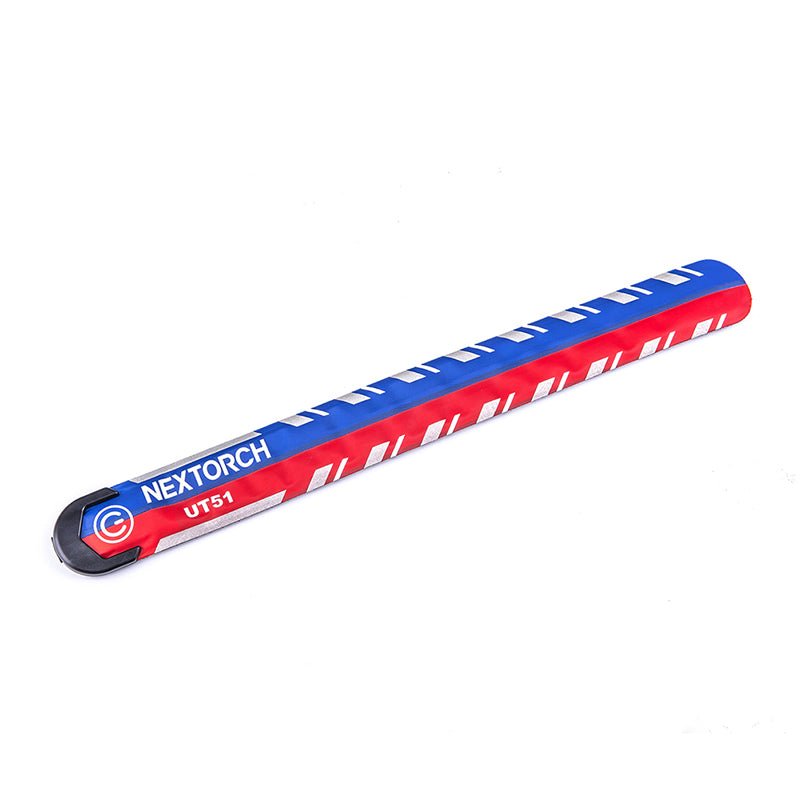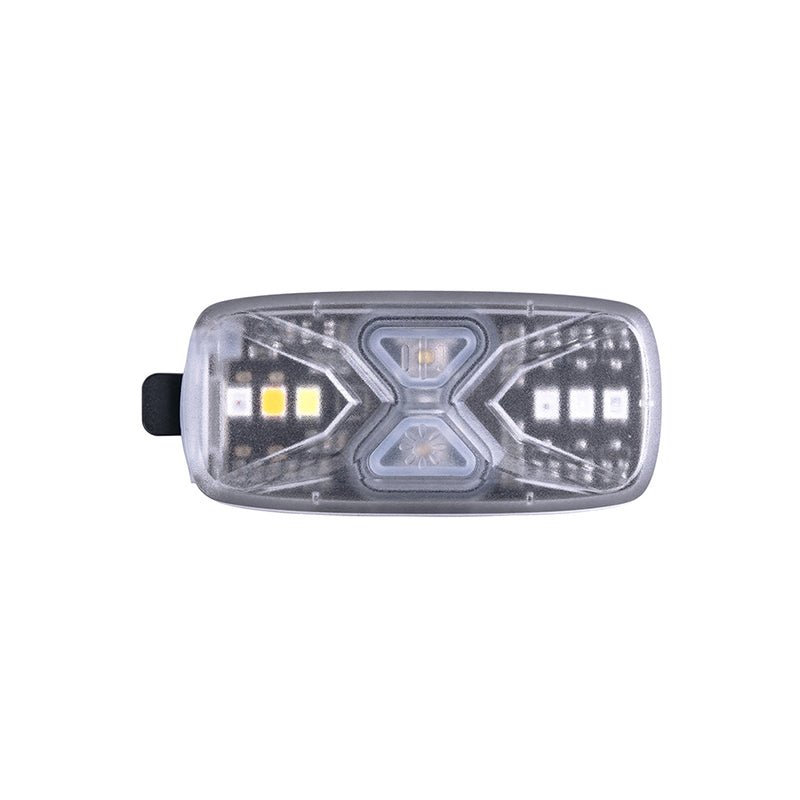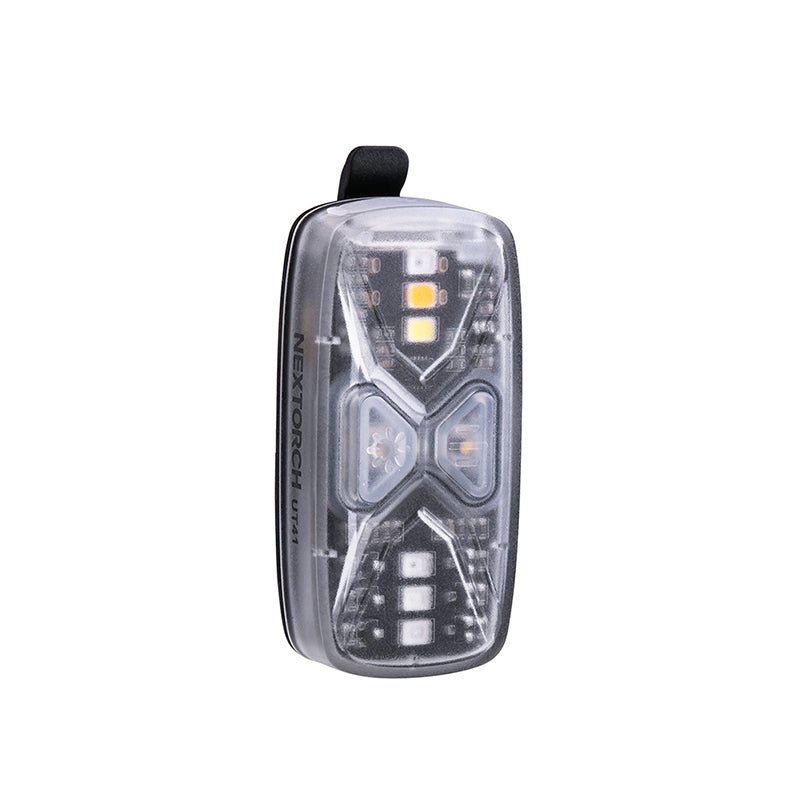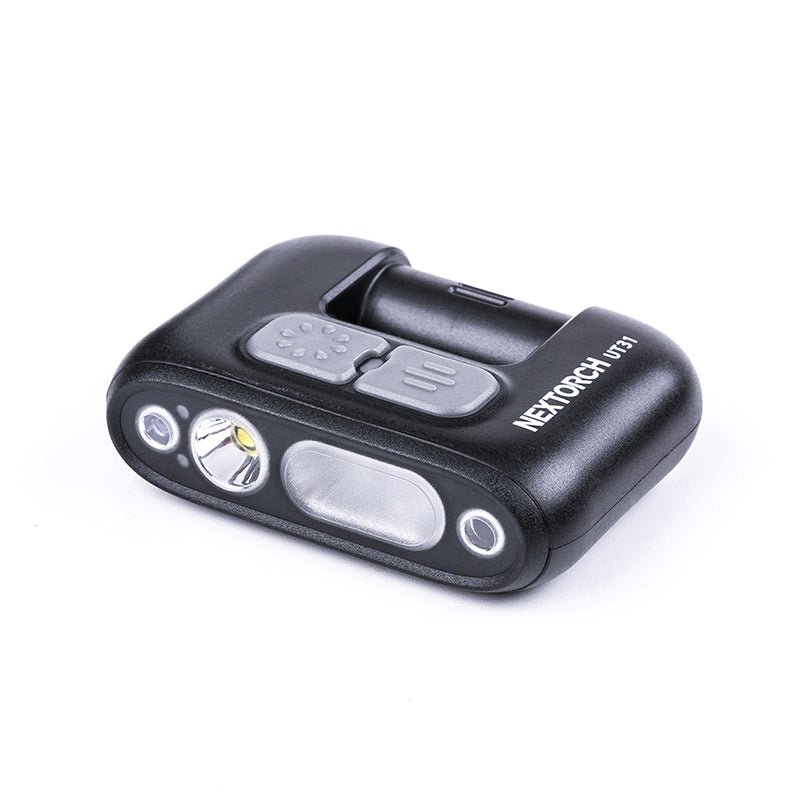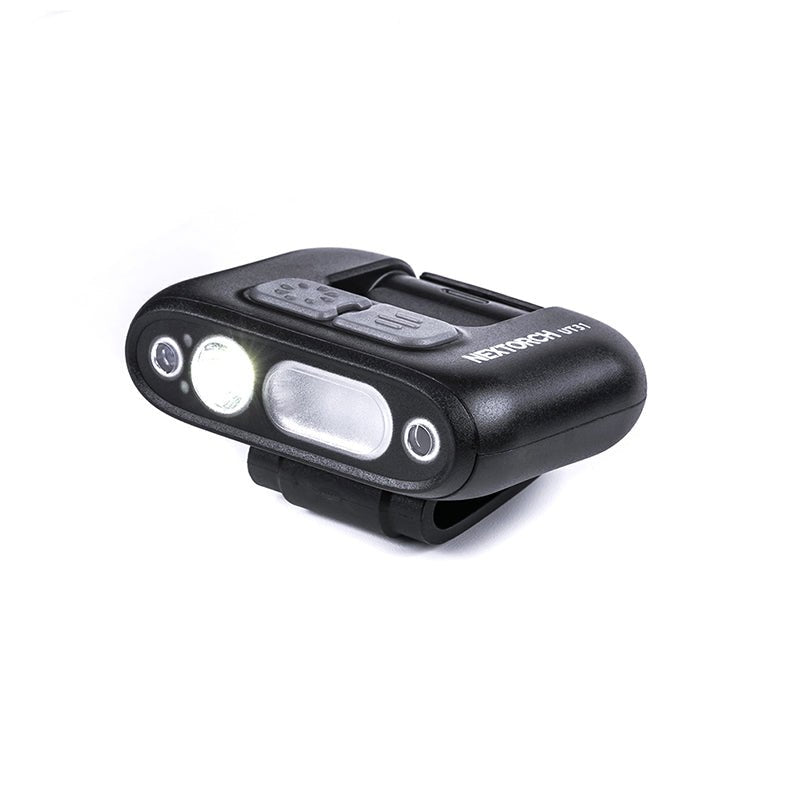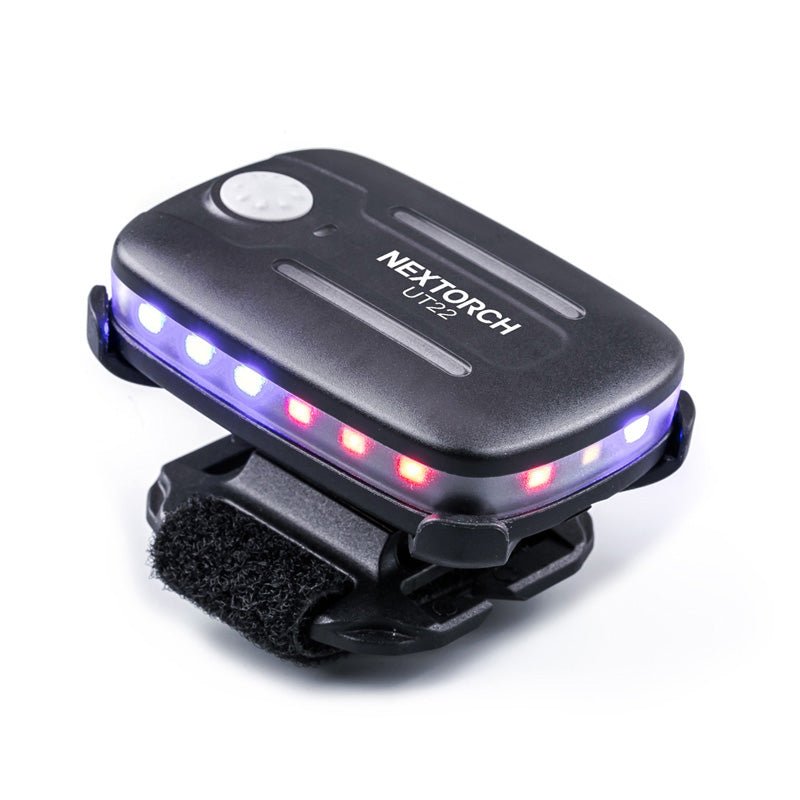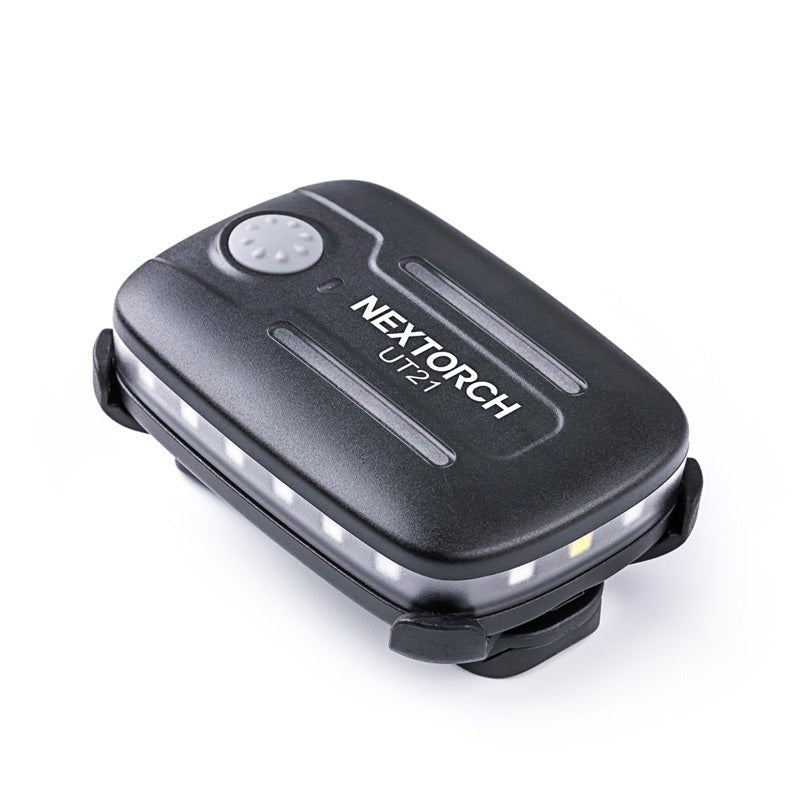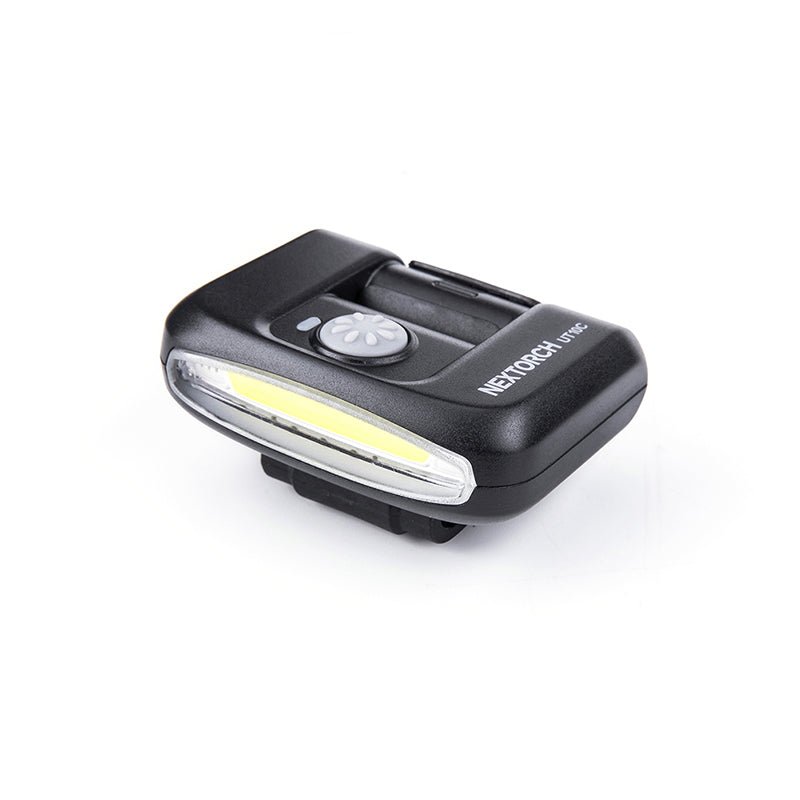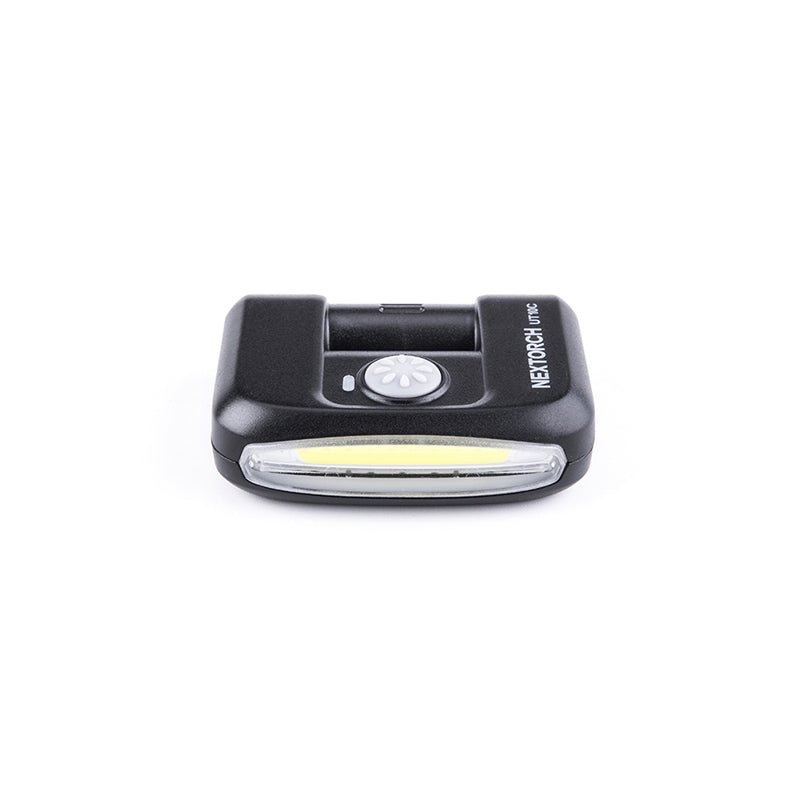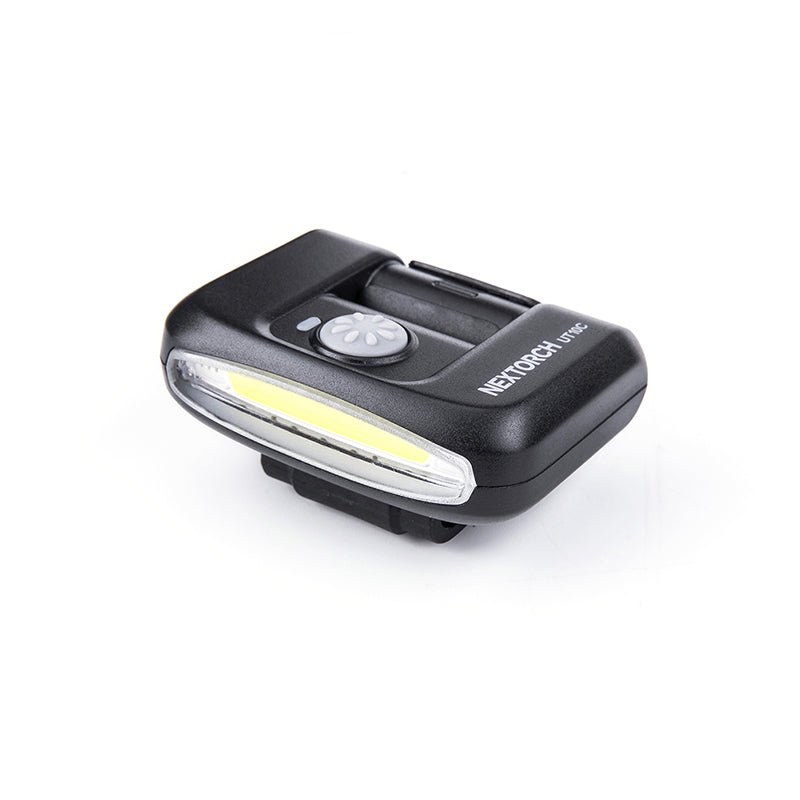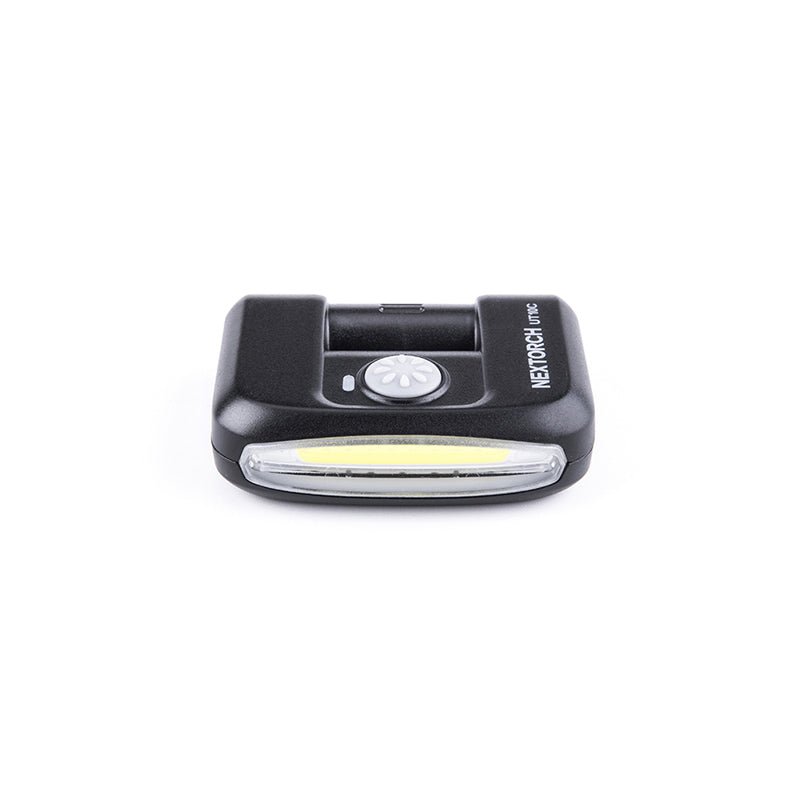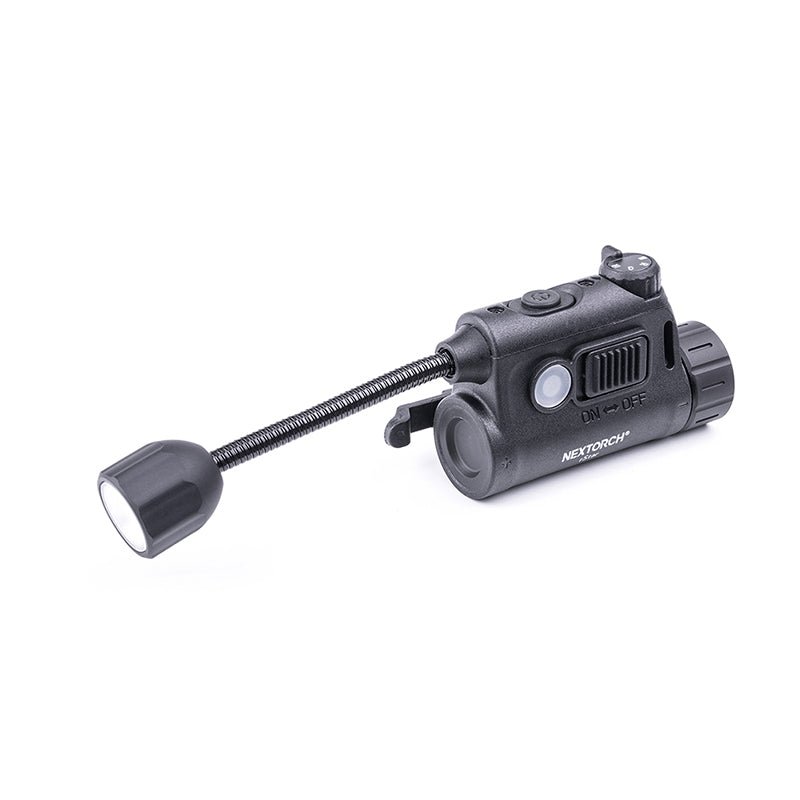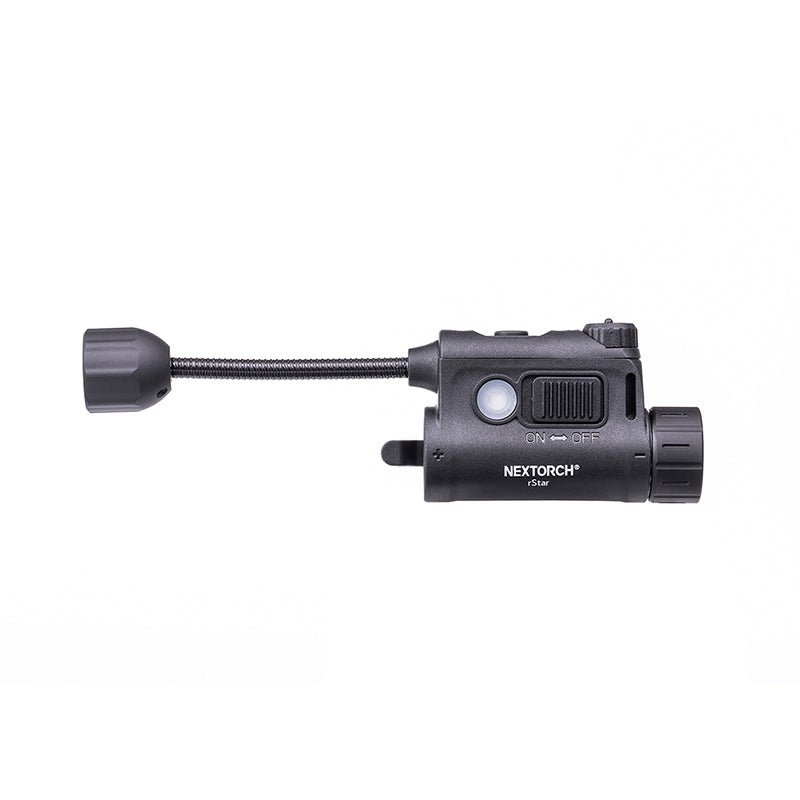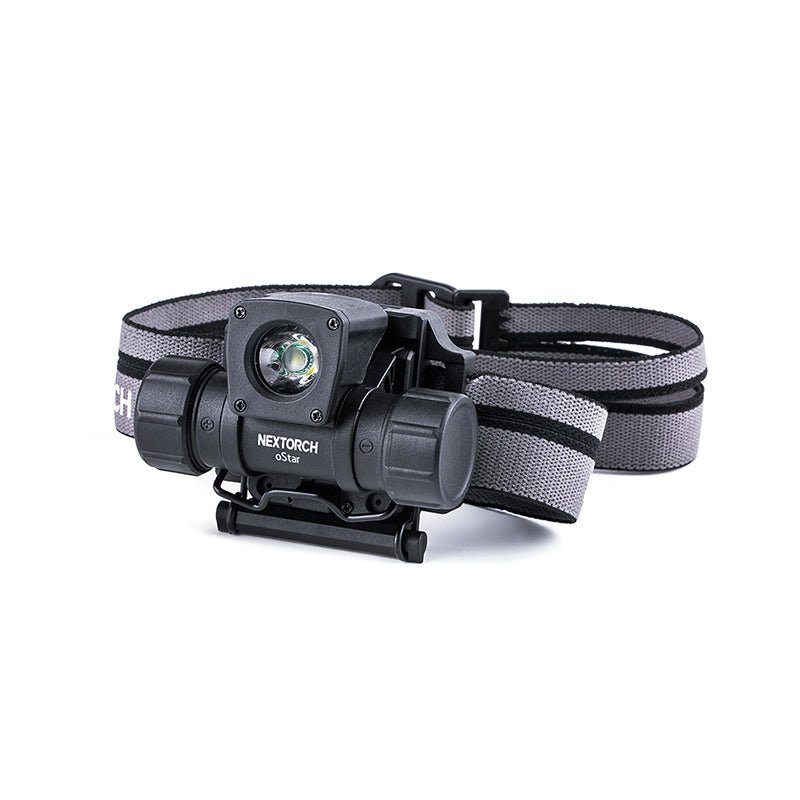When it comes to choosing the right steel for your knives, the decision can be overwhelming. Two popular options on the market are 52100 and Maxamet steel. But which one is better? Let's dive into the details to help you make an informed choice.
Composition and Properties
52100 steel is a high carbon, chromium alloy known for its excellent wear resistance and toughness. On the other hand, Maxamet steel is a high-speed tool steel with a high vanadium content, making it incredibly hard and wear-resistant.
Hardness and Edge Retention
Maxamet steel is renowned for its exceptional hardness, ranking among the hardest steels available. This hardness translates to superior edge retention, making it ideal for heavy-duty tasks that require prolonged sharpness. In comparison, while 52100 steel is also known for its hardness, it may not match the edge retention of Maxamet.
Corrosion Resistance
When it comes to corrosion resistance, 52100 steel outshines Maxamet. The chromium content in 52100 steel provides better resistance to rust and corrosion, making it a more suitable option for humid or wet environments.
Toughness and Durability
While Maxamet steel offers exceptional hardness and edge retention, it may lack the toughness and durability of 52100 steel. 52100 steel is known for its toughness, making it less prone to chipping or breaking under heavy use.
Conclusion
In conclusion, the choice between 52100 and Maxamet steel ultimately depends on your specific needs and preferences. If you prioritize hardness and edge retention, Maxamet steel may be the better option. However, if corrosion resistance and toughness are more important to you, 52100 steel could be the superior choice.
Remember, both steels have their own strengths and weaknesses, so it's essential to consider how you will be using your knife before making a decision. Whichever steel you choose, proper maintenance and care will ensure that your knife performs at its best for years to come.


